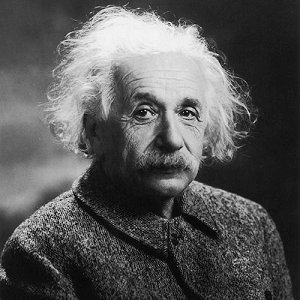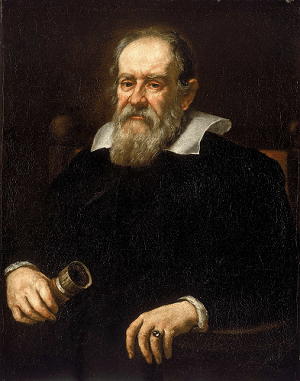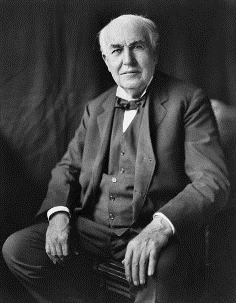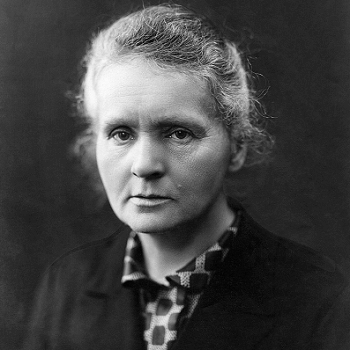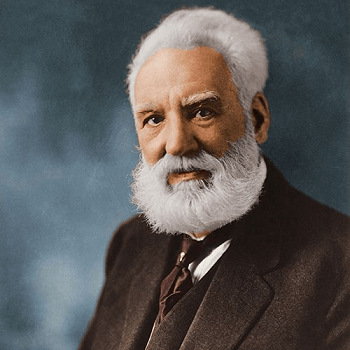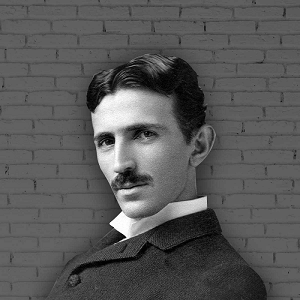Science DefinitionWhat is Science?Science is the systematic study of the natural world via experiments and observation. It is a way of learning based on the scientific approach using facts and evidence. The scientific method is a rational and systematic approach to learning that includes experimentation, observation, and the creation and testing of hypotheses. Understanding the world around us through Science is a process that is continually changing as new knowledge is discovered. We can understand the world because of a method of thinking, not simply because of a set of facts. The Foundation of Science is the idea that information is gained via observation and experimentation. Science is a process, not a product. 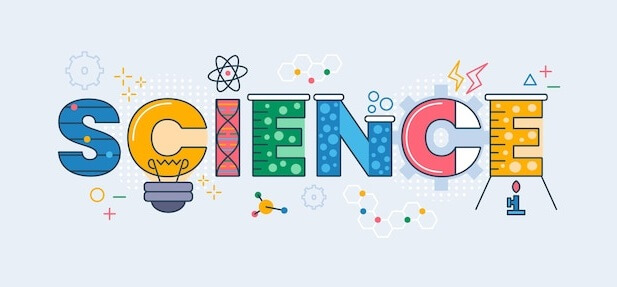
There are various branches of Science, including physics, chemistry, biology, and earth science. Each branch has its specialties and subfields, contributing significantly to our world understanding. For instance, while chemistry looks at the characteristics and behavior of matter, physics explores the features and interactions of matter and energy. Earth science researches the planet's processes, whereas biology examines how living things interact with one another and their surroundings. In addition, Science is distinguished by its empirical aspect, which is based on observing natural occurrences. Scientists collect information through experimentation and observation, then use that information to develop theories and hypotheses. Additional research, investigation, and data evaluation test these theories and ideas. Science also makes use of critical thinking and logical reasoning. When analyzing data and developing hypotheses, scientists need to be able to reason critically and logically. Additionally, they must be able to analyze data and make meaningful conclusions. Science is also distinguished by its objectivity, which refers to the fact that it is unaffected by individual assumptions or opinions. Scientists must be able to differentiate between their biases and beliefs and the facts and evidence. To ensure that their tests and research are accurate and reliable, they must also be able to recreate their results. In conclusion, Science is a systematic and evidence-based way of learning about the natural world. Its actual nature, logical reasoning, critical reasoning, and objectivity define Science as a continuously evolving process. Based on the scientific method is a technique for understanding the world through observation and experimentation. Major Branches of ScienceThere are many branches of Science, each with its subfields and specialties. Here are a few of the major branches of Science: 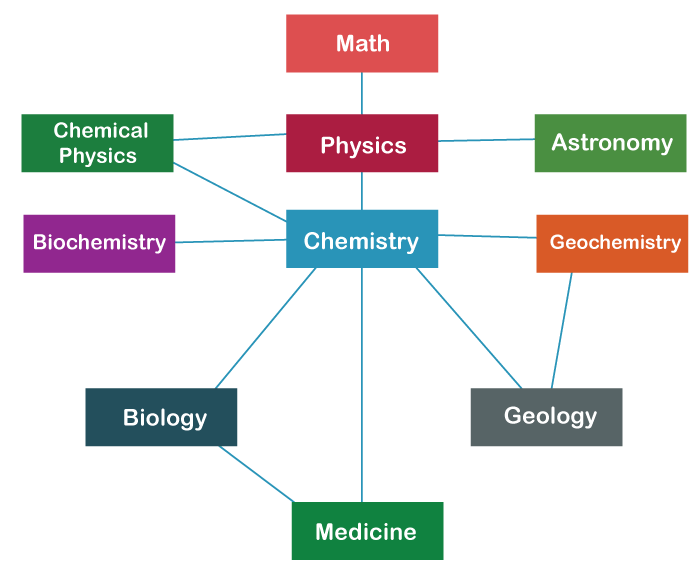
These are some major scientific fields, but each has different subfields and specialties. New branches and subfields are always developing in the world of Science. Contribution of Individuals in the Fields of ScienceScience and technology have greatly influenced the development of the modern world. From the development of the wheel to the creation of the internet, researchers and creators have pushed the boundaries of what is imaginable and transformed how we live, work, and communicate. Numerous people have contributed significantly to the development of Science and technology throughout history. Some of the most significant contributions to the field of Science and technology are:
These people have significantly aided the development of Science and technology. Their work has influenced how we think about and perceive the world and helped provide the groundwork for many modern technological developments we take for granted. Their contributions continue to spur scientific and technological advancements, and their legacy will continue to influence present and future generations. Role of Science in Today's WorldUnderstanding and describing natural occurrences in our environment requires the use of Science. It is a systematic and logical approach to learning how the universe functions and helps us understand our complicated and always-changing environment. Science has a crucial role in the fields of medicine and healthcare. Scientists have created new medications, cures, and vaccines through scientific investigation and testing, saving many lives and greatly improving the quality of life for millions. For instance, the invention of cancer therapies like chemotherapy and radiation therapy has significantly extended the lives of many cancer patients. In contrast, the discovery of antibiotics has dramatically decreased the number of deaths from bacterial infections. Additionally, Science is essential to the fields of technology and communication. Many modern conveniences that we now take for granted, including the internet, mobile phones, and computers, were developed due to advances in Science and technology. It is now possible for individuals to stay in touch with one another no matter where they are due to the revolutionary changes brought about by these technologies in communication and information sharing. Understanding and addressing the problems that our planet is experiencing require using Science. Habitat destruction, pollution, and climate change are all significant problems that necessitate scientific investigation and analysis to comprehend and create workable solutions. For better understanding and preserving our planet, scientists investigate the climate and weather patterns of the Earth, the effects of human activity on the ecosystem, and the interactions between various species. Science also significantly impacts the expansion and development of economies and enterprises. New technology and goods are developed through scientific research, opening up new work chances and opportunities for people. Many businesses, including pharmaceuticals, biotechnology, and renewable energy, rely on scientific research and development to develop new goods and services that satisfy consumer demand. Developing critical thinking and problem-solving abilities, which are crucial for success in any career, is another benefit of science education. Students gain the capacity to assess information, draw logical conclusions, and solve issues by learning about scientific principles and methods. In summary, Science is important to our daily lives and plays a significant role in everything from enhancing our health and happiness to influencing how we live, work, and communicate to solving global problems. It is necessary for our society's ongoing expansion and development, and it will continue to be influential in determining the outcome of events. Negative Impacts of Science on Today's WorldOur society has benefited much from Science, but there have also been some unexpected consequences that need to be addressed. Technology's potential for abuse is one of Science's immediate negative effects. One of the best examples of how Science can be abused for dead ends is the development of nuclear bombs and other weapons of mass destruction. Similarly, the development of hacking and cyber warfare technologies might endanger public safety and individual privacy. It can lead to an arms race or personal privacy and data loss. The potential for unforeseen outcomes is another drawback of Science. Biotechnology is one area where scientific discoveries might result in the creation of new species or substances that could have unanticipated and perhaps harmful impacts on the environment and human health. For instance, using pesticides in agriculture has caused the emergence of pests that are resistant to them, which has prompted the use of even more toxic pesticides, starting a destructive cycle of pesticide use that is bad for both the environment and human health. Deforestation, pollution, and climate change, which harm the environment and all living things, are examples of environmental degradation that Science has also contributed to. For instance, when fossil fuels are burned, a significant amount of greenhouse gases are released into the atmosphere, contributing to climate change and global warming. Additionally, it impacts the environment, and this also affects the health and happiness of residents. Due to the overuse of natural resources, Science has also resulted in the uprooting and displacement of several indigenous communities. For instance, the building of hydroelectric dams resulted in the relocation of thousands of people and the destruction of important ecosystems, which resulted in the loss of biodiversity and cultural heritage. The ethical dilemmas that Science produces, particularly in fields like genetic engineering, artificial intelligence, and biotechnology, are another drawback. The consequences of their research and the potential implications of their discoveries present scientists with challenging moral and ethical issues. For instance, using genetically modified organisms (GMOs) raises moral concerns about their safety and potential long-term implications on the environment and human health. The gap between the rich and the poor might expand due to an uneven distribution of knowledge and technology, which can further promote social inequality. Because not everyone has equal access to Science and technology, there may be a digital gap where some individuals have access to the most recent information and technology while others do not. As a result, there may be continued social and economic inequality and barriers to development. In conclusion, even if Science has greatly benefited our society, it is crucial to be aware of any potential drawbacks and take precautions against them. We should continue supporting research and technology while considering our development's moral and social consequences. It can involve putting regulations and standards into place and monitoring how Science and technology affect the environment, people's health, and society. Additionally, we should ensure that everyone has access to Science and technology and that every person in the community benefits equally. ConclusionAmazing new understandings and discoveries that can advance humanity could be made through Science. Practically speaking, scientific developments have raised people's quality of life worldwide, from discovering medicines to creating new renewable energy sources. But it's also crucial to remember that Science still has limitations in terms of its applicability and explanatory capacity, so it must be viewed critically and understand the possibility that it could cause significant harm and considerable benefit. Utilizing Science for progressive, moral, and responsible goals is a wise use of this important tool.
Next TopicSoftware Engineering Definition
|
 For Videos Join Our Youtube Channel: Join Now
For Videos Join Our Youtube Channel: Join Now
Feedback
- Send your Feedback to [email protected]
Help Others, Please Share





